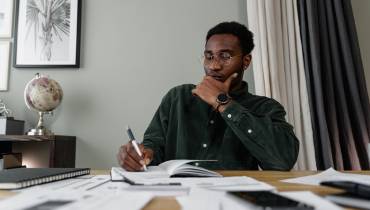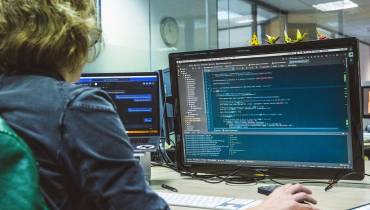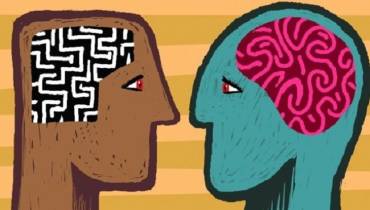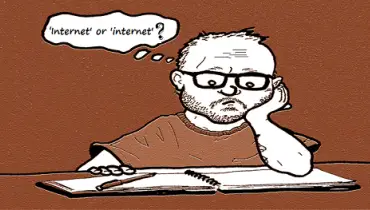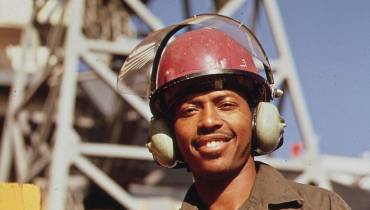Elon Musk Wants You to Read This Book to Prepare for Impact of AI
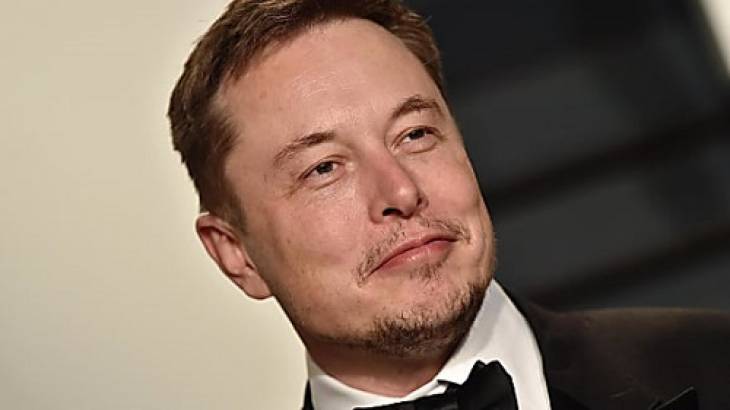
Elon Musk, CEO and founder of SpaceX, Tesla Motors, and Neutralink has in the past recommended books that inspired him when growing up. Now, he is recommending a new book by MIT professor Max Tegmark, which addresses issues around how artificial intelligence (AI) will change society.
The South African-born, Canadian-American tech entrepreneur and inventor of such other innovative companies as SolarCity says people should read “Life 3.0: Being Human in the Age of Artificial intelligence,” and prepare for what could be the best or worst thing ever for humanity.
Musk Urges Reading "Life 3.0"
“Worth reading Life 3.0 by @Tegmark .A.I. will be the best or worst thing ever for humanity, so let’s get it right,” Musk wrote on his Twitter page.
AI Best or Worst Thing for Humanity
Artificial intelligence, described as the intelligence exhibited by machines rather than humans or other animals, has a long history dating back to the mid-1950s. Only now does it appear to be really taking off.
Today, the field of AI research involves teaching machines reasoning, prioritization, problem-solving and deduction. AI touches on all aspects of life, including biology, literature, psychology, Mathematics, and Linguistics. It’s growing popularity is prompting some people like Musk to ask if AI really is safe and beneficial for humankind.
Last year, in an interview about his futuristic brain-computer interface company Neuralink, Musk said a key focus for the company is to enable people to communicate telepathically within 10 years. Because who needs text or voice communication when you can speak to others with your brain, right?
Musk stressed that Neuralink could help people avoid a situation where AI and machines dominate our world, since the two would form a more symbiotic relationship. The self-made billionaire, who has publicly expresed concern about AI, also co-founded the Future of Life Institute to study existential threats to humanity.
Last month, Musk said AI was a “fundamental risk to the existence of human civilization.” He cautioned that AI could soon become much smarter than the smartest human on Earth. “I think that is a dangerous situation,” he told a bipartisan gathering of U.S. governors at a conference in Rhode Island.
AI Threat to Humanity?
Some researchers have dismissed Musk’s assertion that AI could outsmart the smartest humans as alarmist. François Chollet, a researcher in deep learning for Google, expressed his skepticism about Musk’s position, saying on Twitter that while machine learning makes some issues worse, it’s “unclear” it creates any new ones.
A recent Forbes article, however, revealed Facebook’s own AI engine had encountered a creepy kind of problem that’s unexpected. Forbes reported that “Facebook shut down an artificial intelligence engine after developers discovered that the AI had created its own unique language that humans can’t understand.”
It would seem AI has the potential to alter aspects of the human experience in the future more than any other technology. Avid book readers, for example, might not have to wait months or even years anymore for their favorite authors to finish the latest installment of a book series. A software engineer named Zack Thoutt has deployed AI that is writing the next Game of Thrones book because George R.R. Martin hasn't written it yet. You can read the first five AI-written chapters of GOT on GitHub.
The exact way artificial intelligence will affect the human experience, our very sense of being human, and society as a whole remains to be seen. Musk thinks “Life 3.0” bears the answers to pressing questions about the technology, and also poses some other questions about AI that might have gone unasked.
“This is a compelling guide to the challenges and choices in our quest for a great future of life, intelligence, and consciousness—on Earth and beyond,” Musk writes on the book’s editorial review section.
Ultimately, time will tell whether AI will hurt or help humanity.
Read Also: 15 Hotly-Anticipated Books of 2017
Photo Credit: Getty Images.








